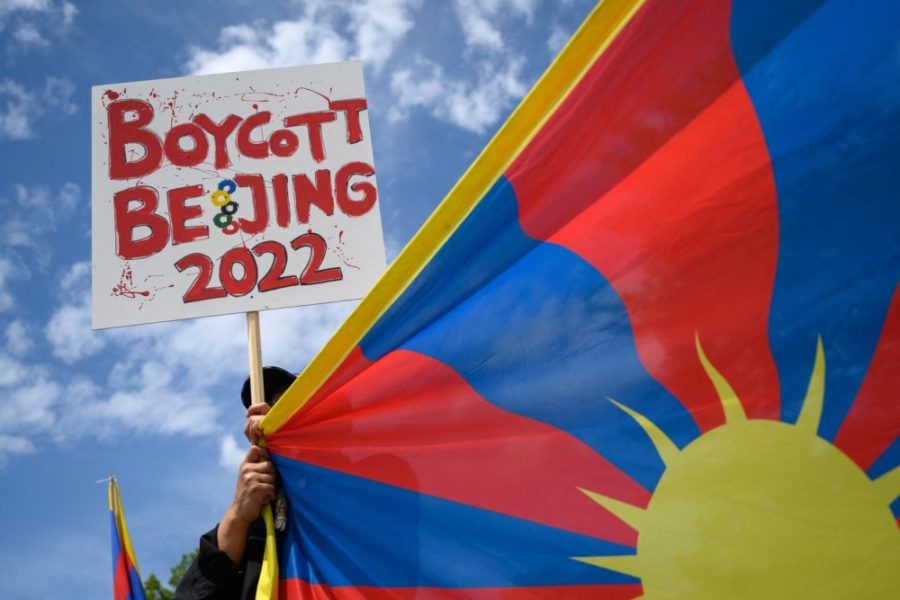A Diplomatic Boycott of Beijing Olympics
This week, the Biden administration announced that they would take part in a diplomatic boycott of the 2022 Winter Olympics set to take place in Beijing, China. This follows a slew of human rights abuses perpetrated by the Chinese government, a prime reason that the administration decided to make the move. A diplomatic boycott will allow athletes to participate, while barring any top American officials from attending in their formal capacity.
On December 6, Press Secretary Jen Psaki announced the diplomatic boycott, citing “egregious” human rights abuses on the part of the Chinese as a major reason. The Chinese got especially harsh criticism for their treatment of Uyghur Muslims, an ethnic minority who make up a significant portion in the Western province of Xinjiang. Uyghurs rose as the targets of government-supported assimilation and abuse efforts. Moreover, China came under scalding scrutiny for placing members of minority groups in internment camps, where detainees must perform labor and live under horrible conditions, especially for women, including assault and harassment. Before the decision was formally announced, congressional leaders on both sides of the political spectrum had strongly called on the administration to take that action. Shortly after the move was announced, House Speaker Nancy Pelosi of California applauded the decision, calling the Chinese government’s actions “abusive” and “repressive.” Republican Senator Mitt Romney of Utah, and Democratic Senator Tim Kaine of Virginia also applauded the decision in a bipartisan joint statement.
Beijing condemned the boycott, calling it “based on lies and rumors”, and threatened retaliatory measures. The Chinese government also tried to portray the American boycott as a grandstand meant for political purposes, but the United States’ messaging stayed consistent, criticizing China’s role in the persecution of minority communities, and using the boycott as a form of punishment, without jeopardizing the U.S. Winter Olympics team’s future.
The diplomatic boycott stands as the latest action taken by the administration, coming after a series of other moves aimed at limiting China’s influence, a main foreign policy goal of the Biden administration. The President and his team labelled the recently-signed bipartisan infrastructure law and the Build Back Better act as key for stalling Chinese competition. Vice President Kamala Harris’s visit to Singapore and Vietnam earlier this year also occurred as an effort to halt China’s rise in South-East Asia. However, President Biden exerted caution to prevent the diplomatic and economic competition from spilling into a larger conflict, reiterating this point in a call with Chinese Premier Xi Jinping earlier this year. Xi seemed to agree with the President.
The last U.S. olympic boycott occurred in 1980, when the U.S. declined to even send athletes to Moscow during the cold war. Some of America’s western allies, like the United Kingdom, are also considering a diplomatic boycott for similar reasons as the United States. Australia also recently announced that they would take part in a diplomatic boycott, as well.

Abhishek is a deeply engaged member of the Albuquerque Academy community, part of several government and politics-focused clubs and activities. For the...








Jonah Gutow • Dec 11, 2021 at 1:08 pm
Does this have anything to do with the Chinese Tennis Player who may have been kidnapped by the communist party?